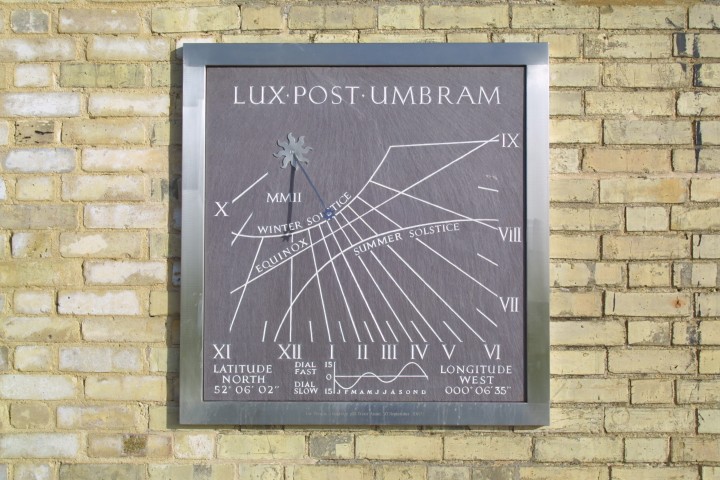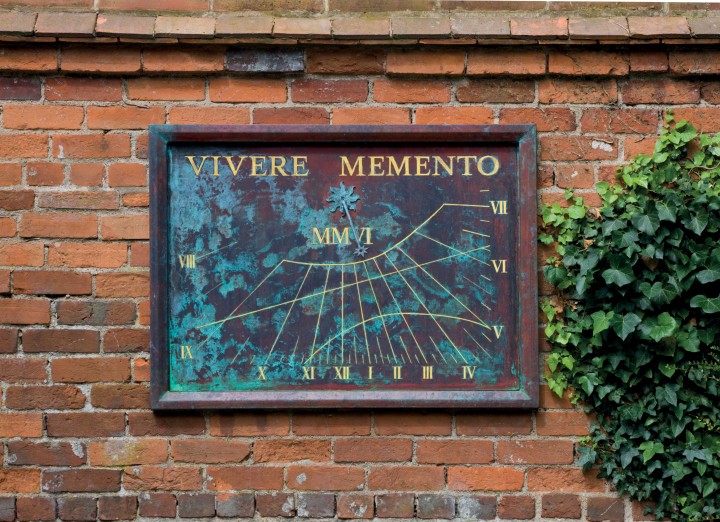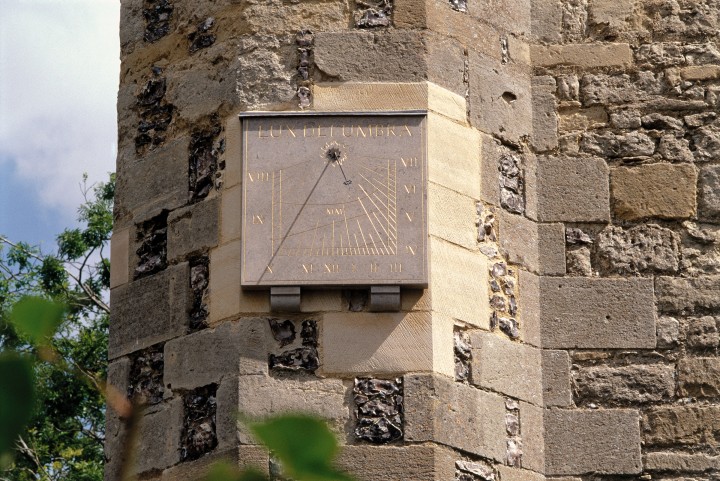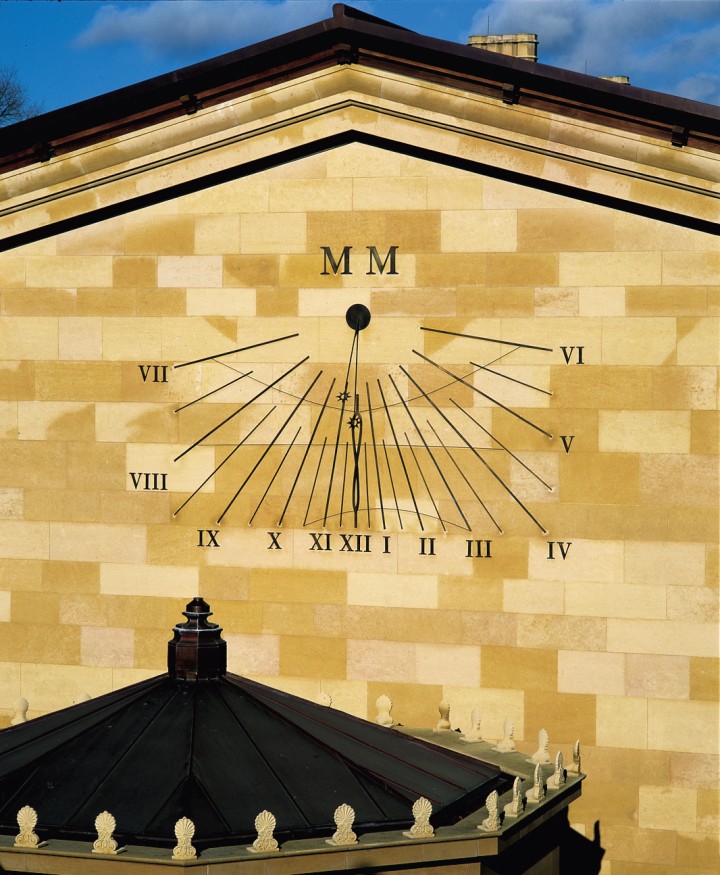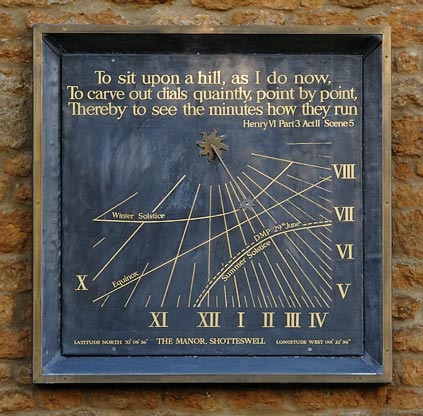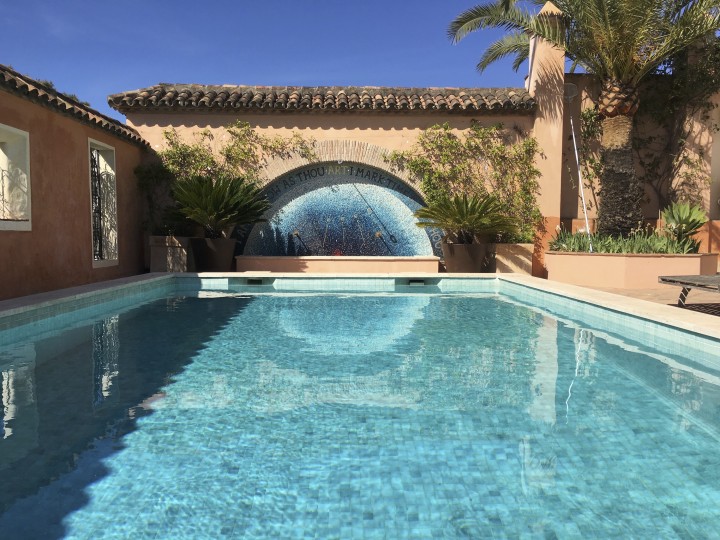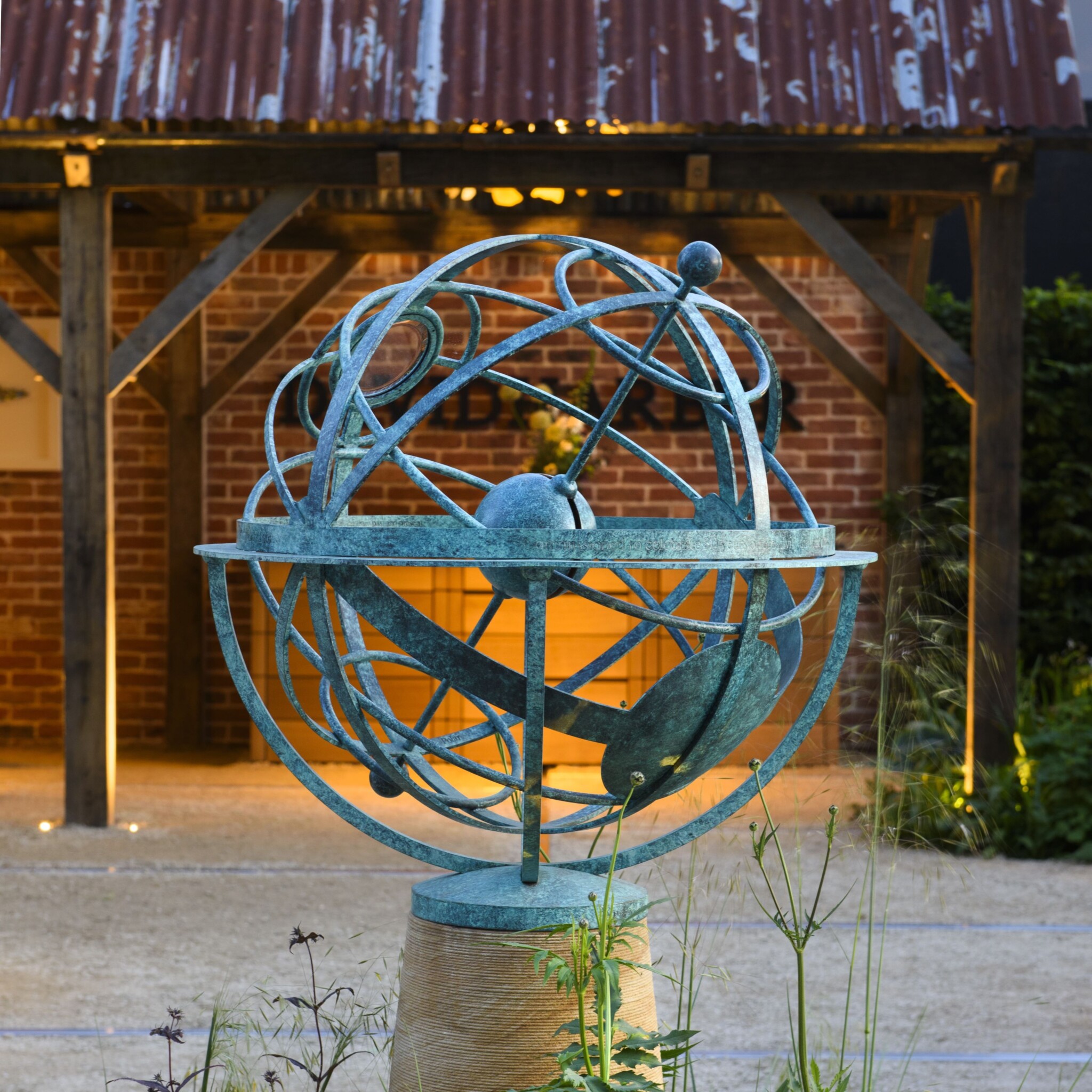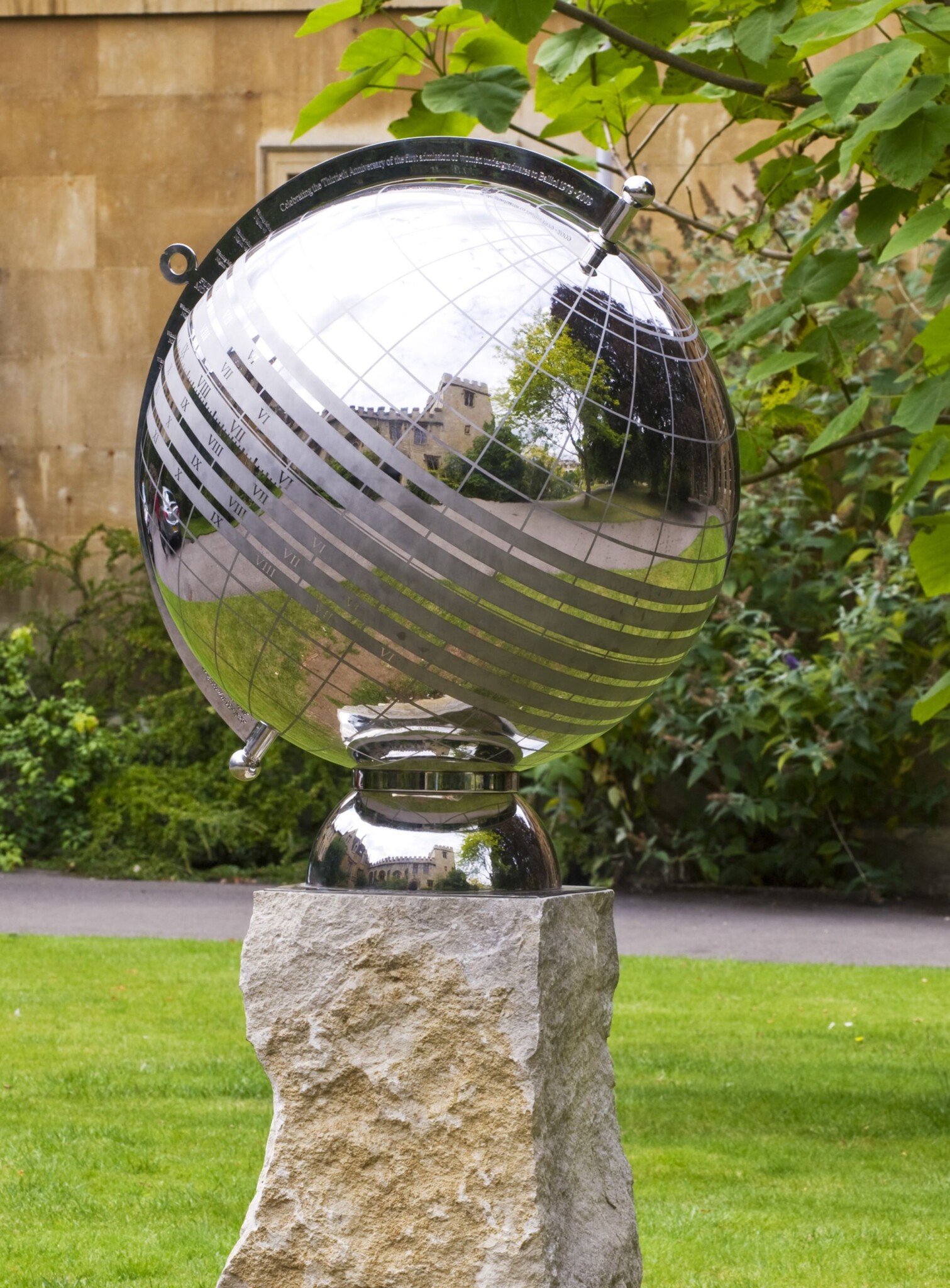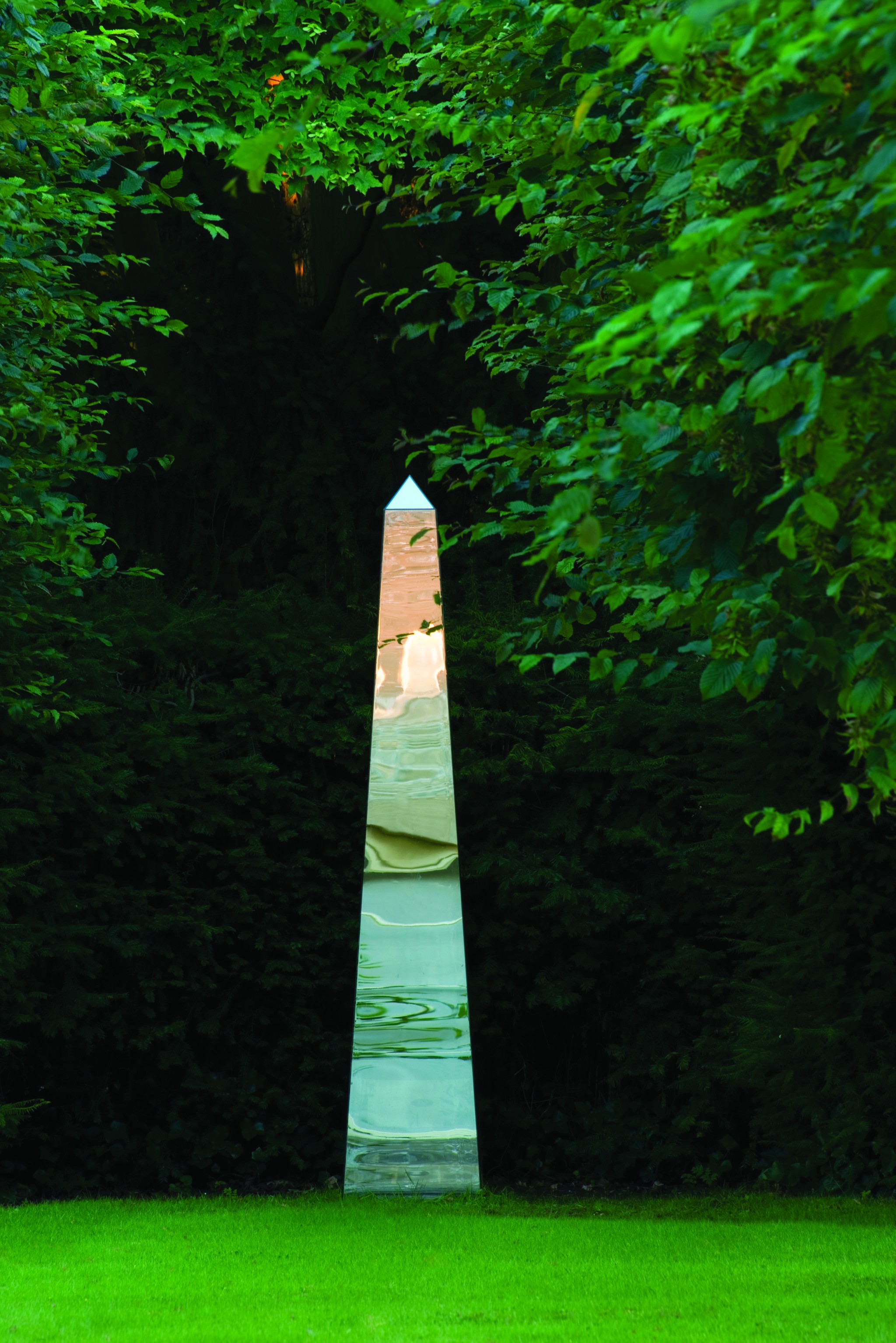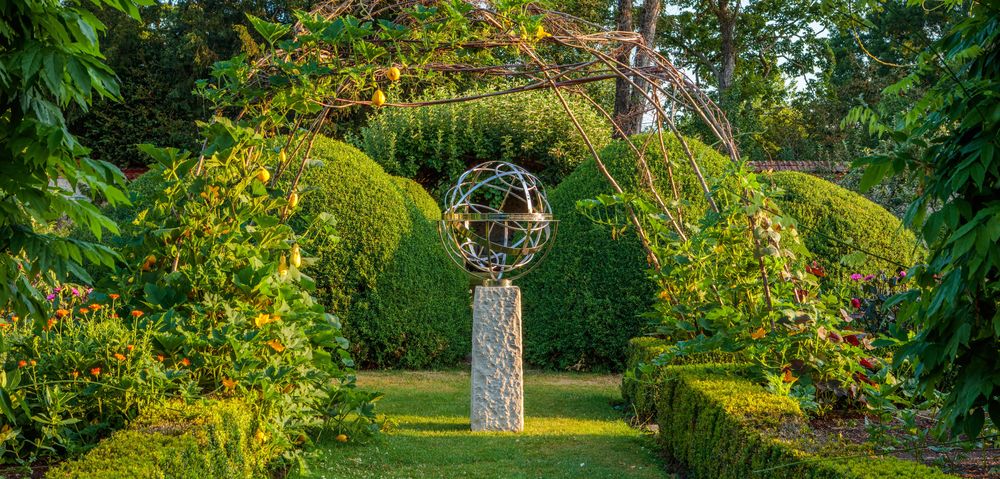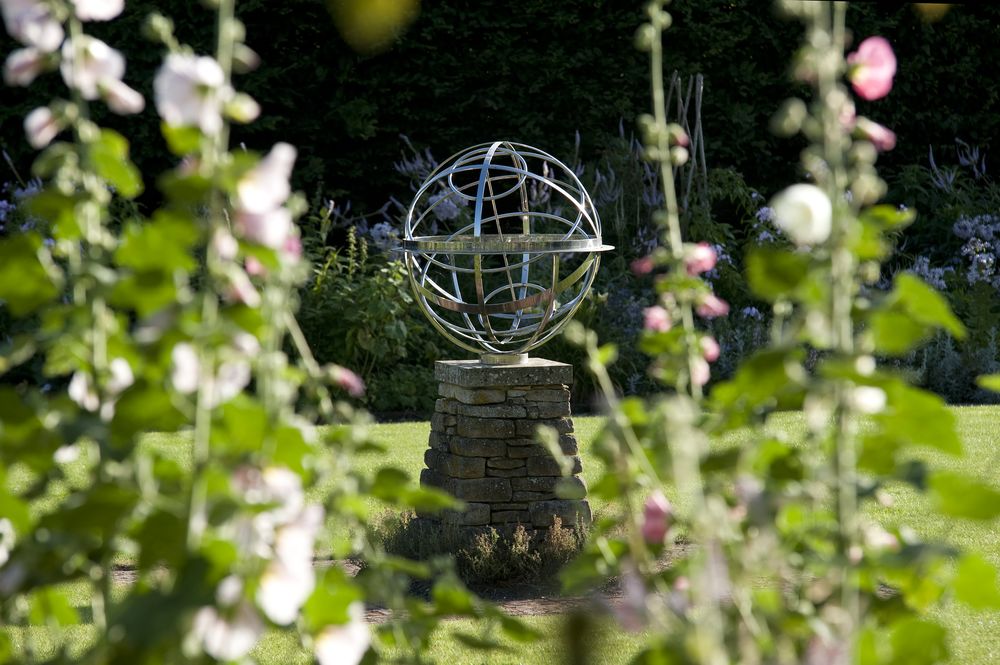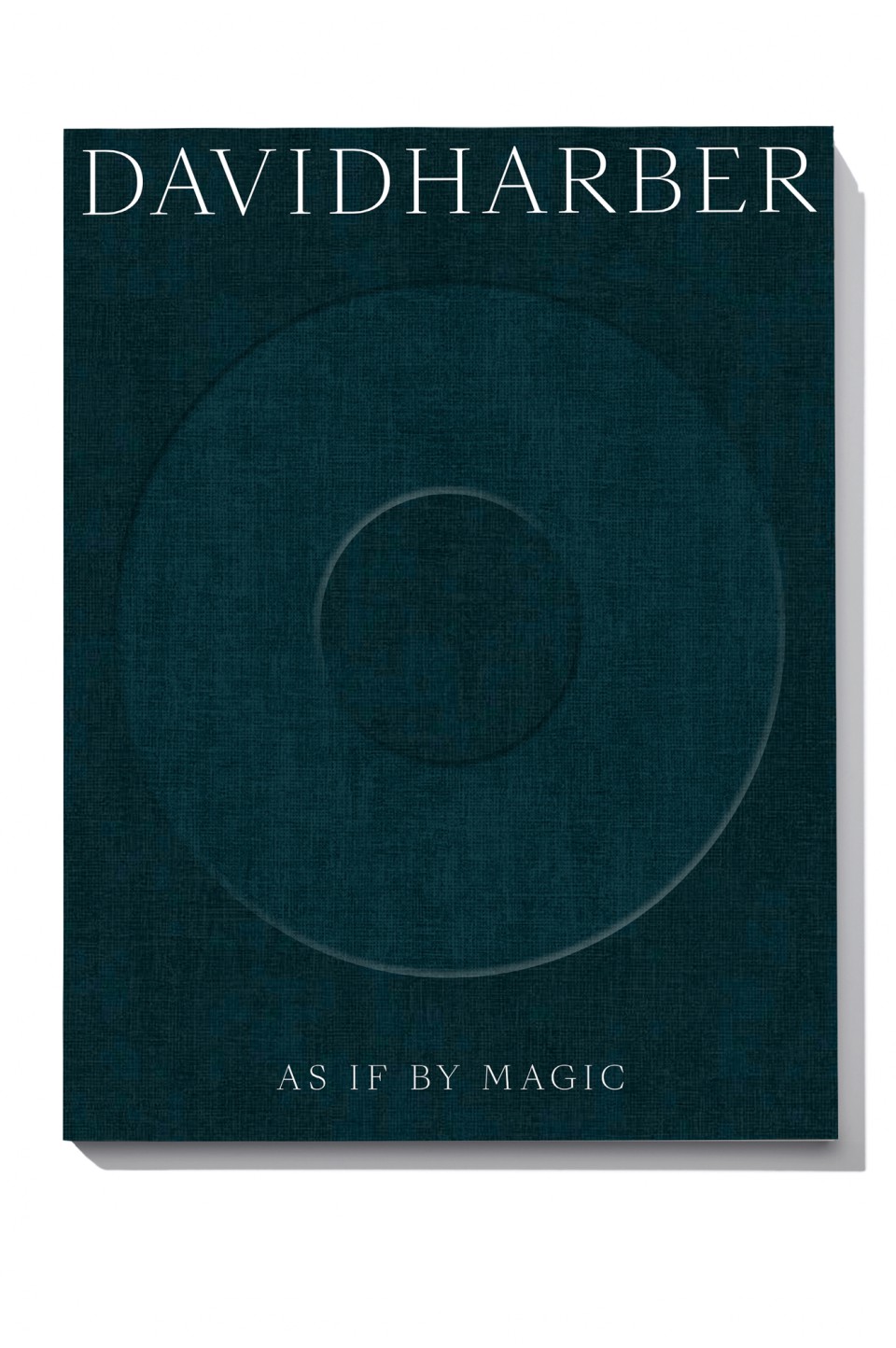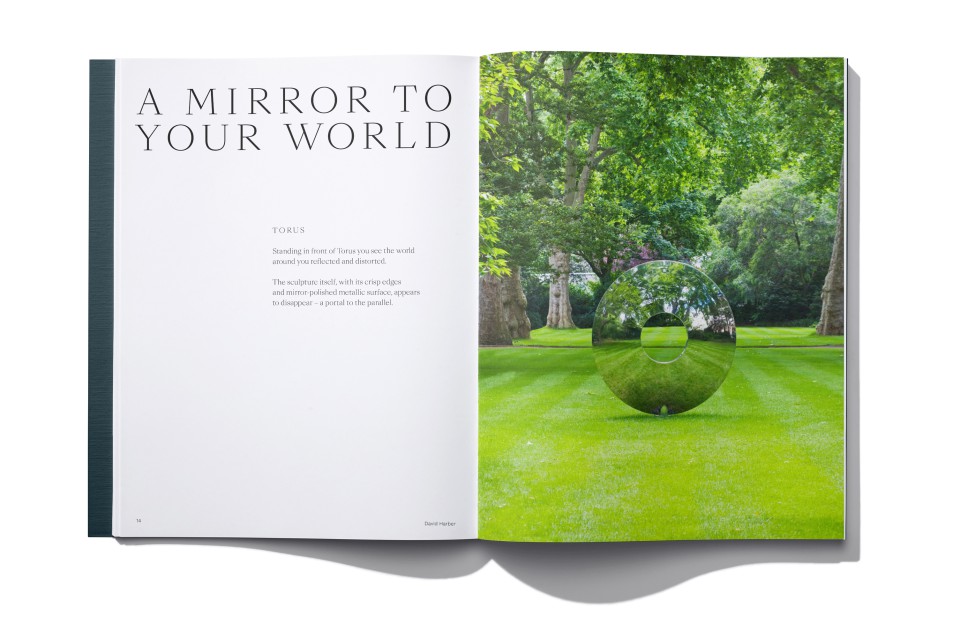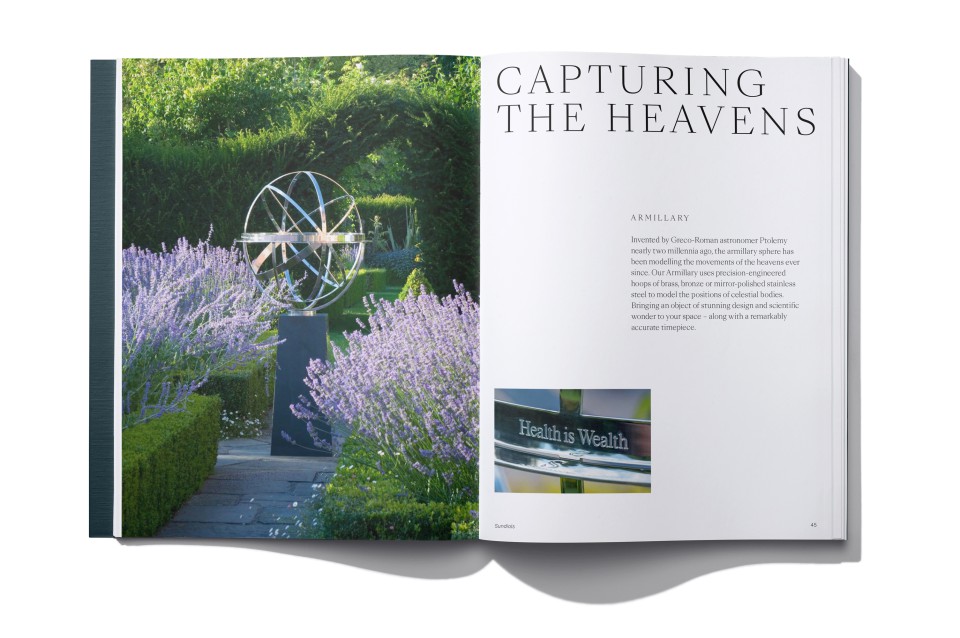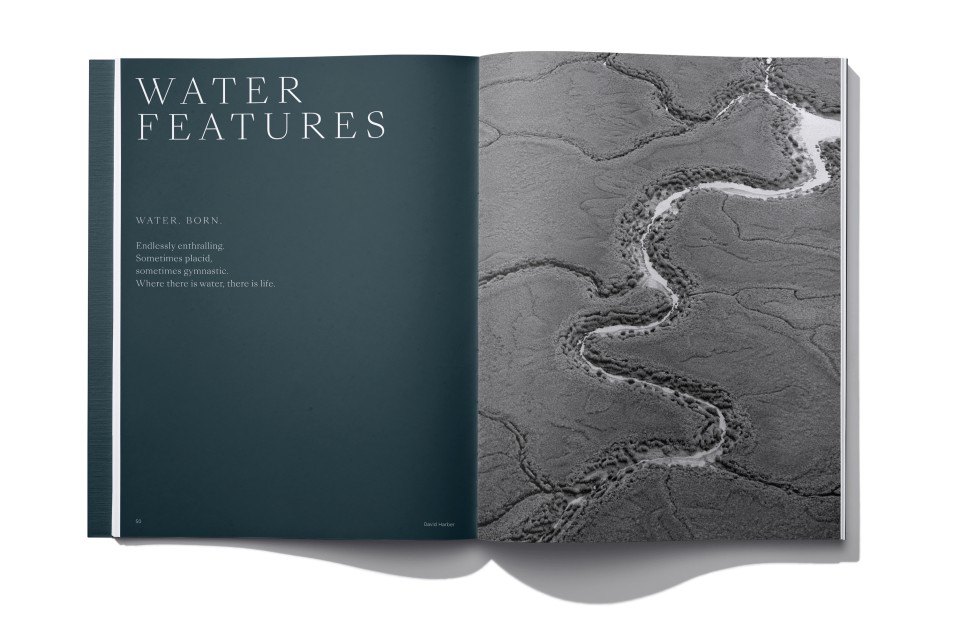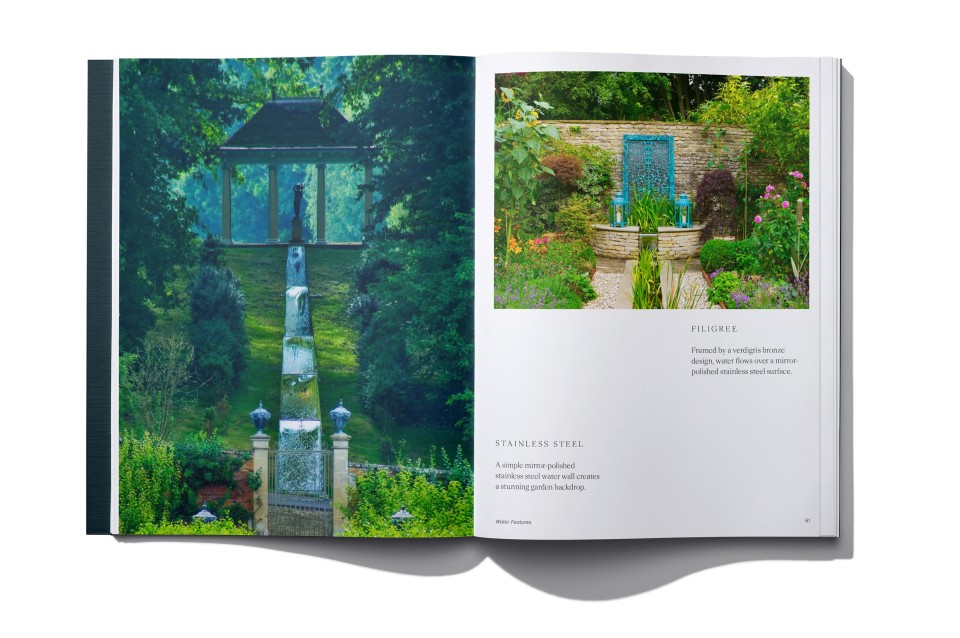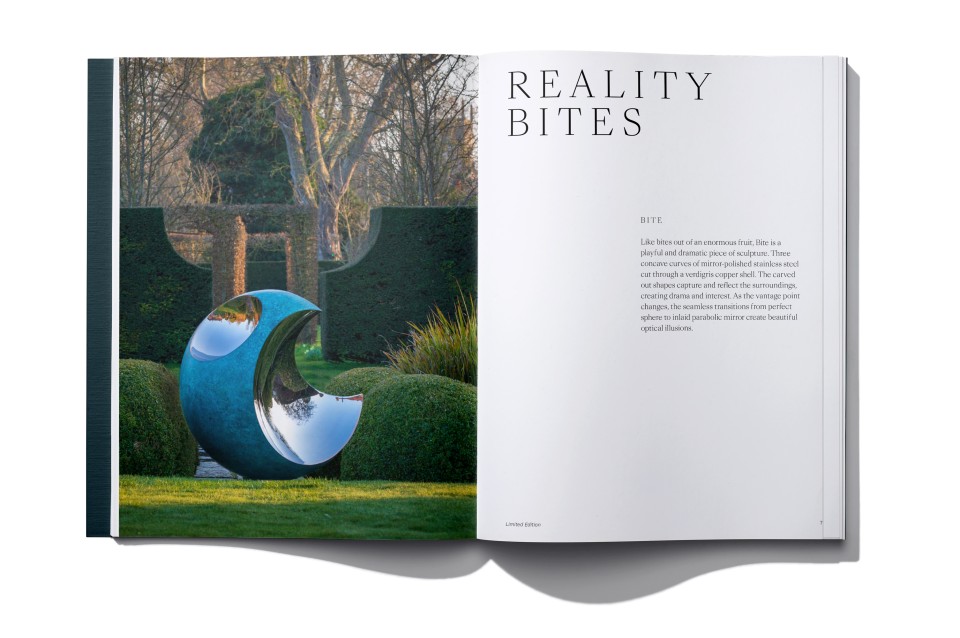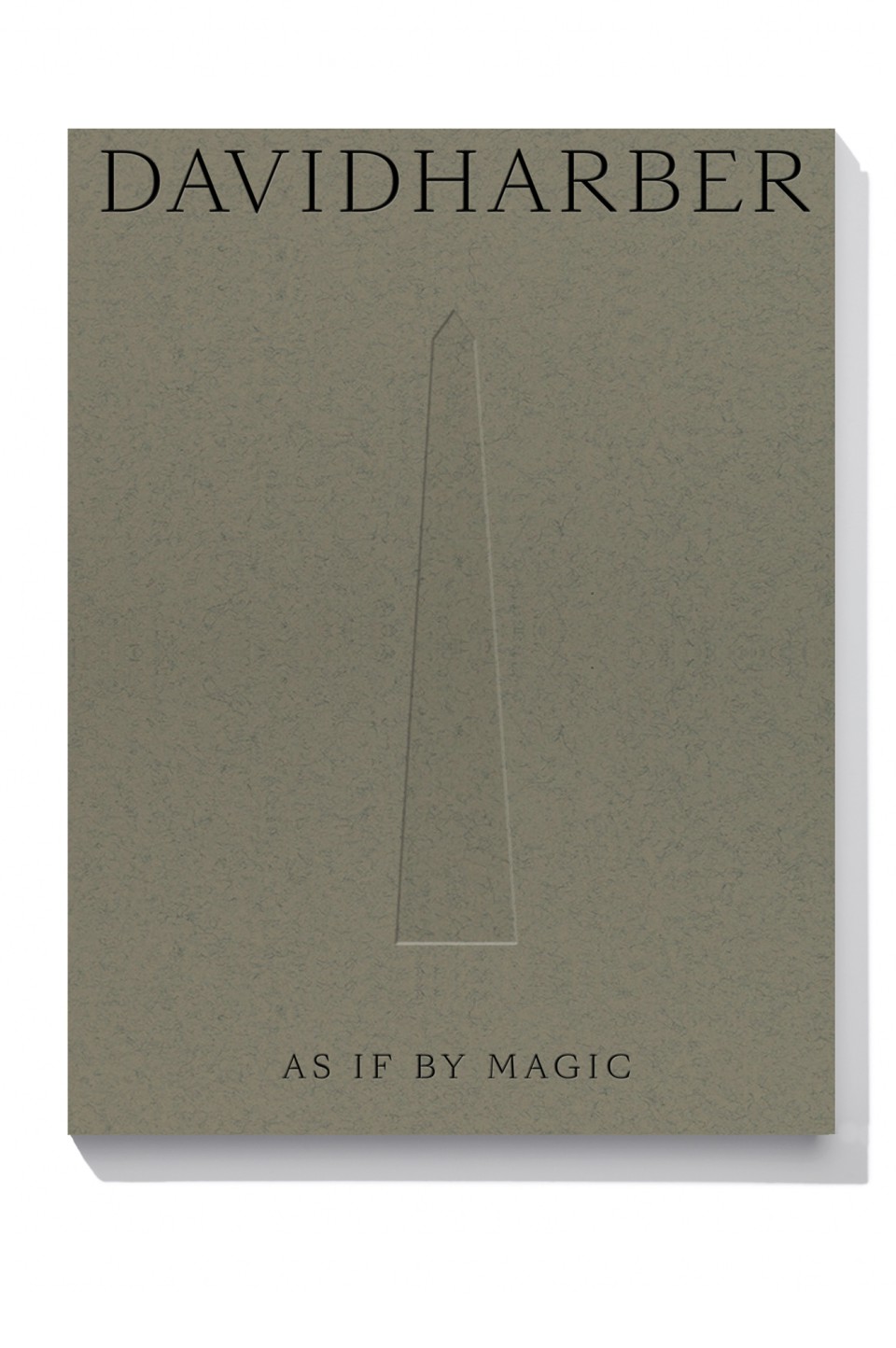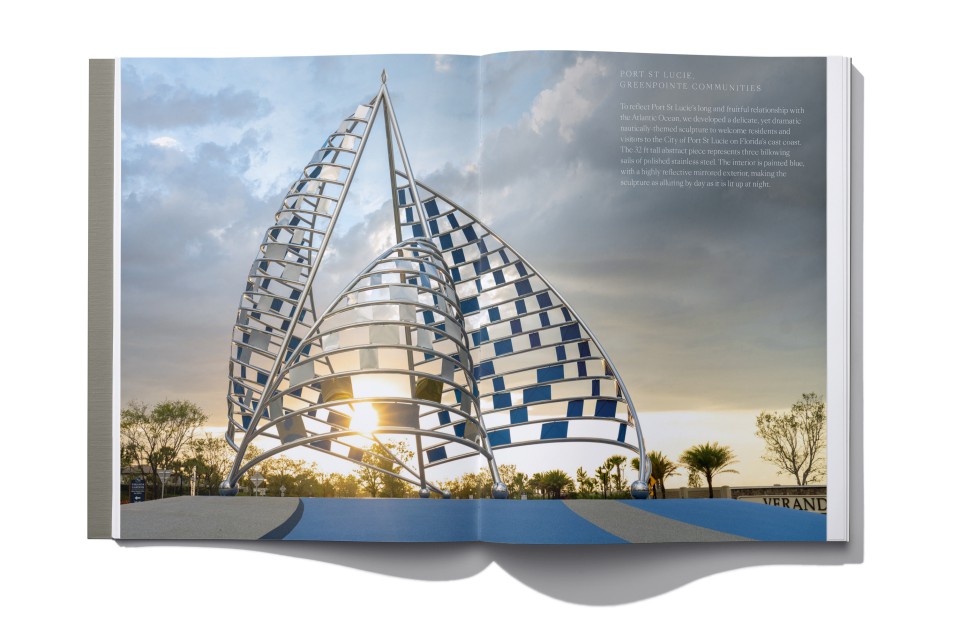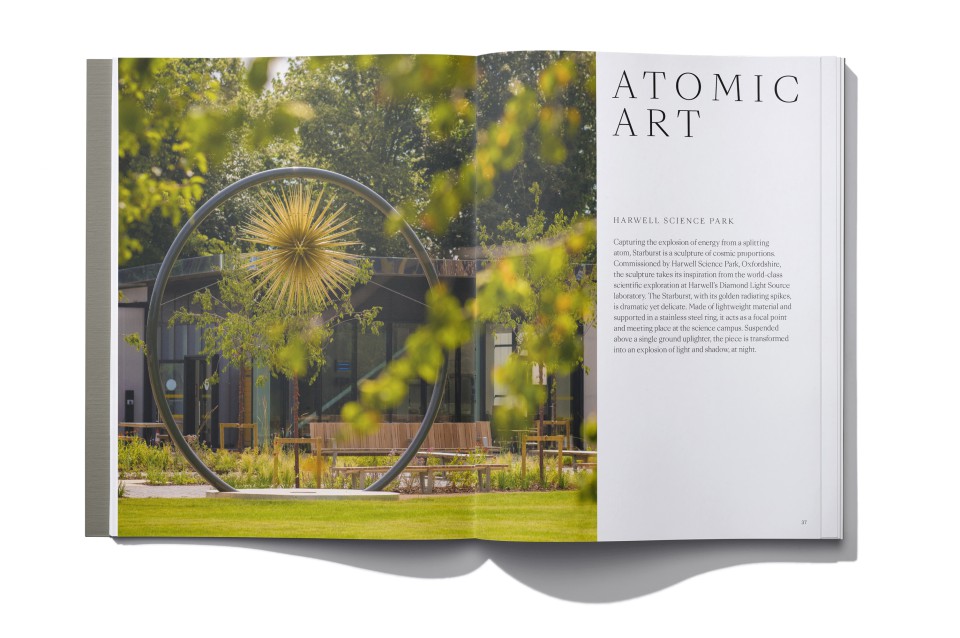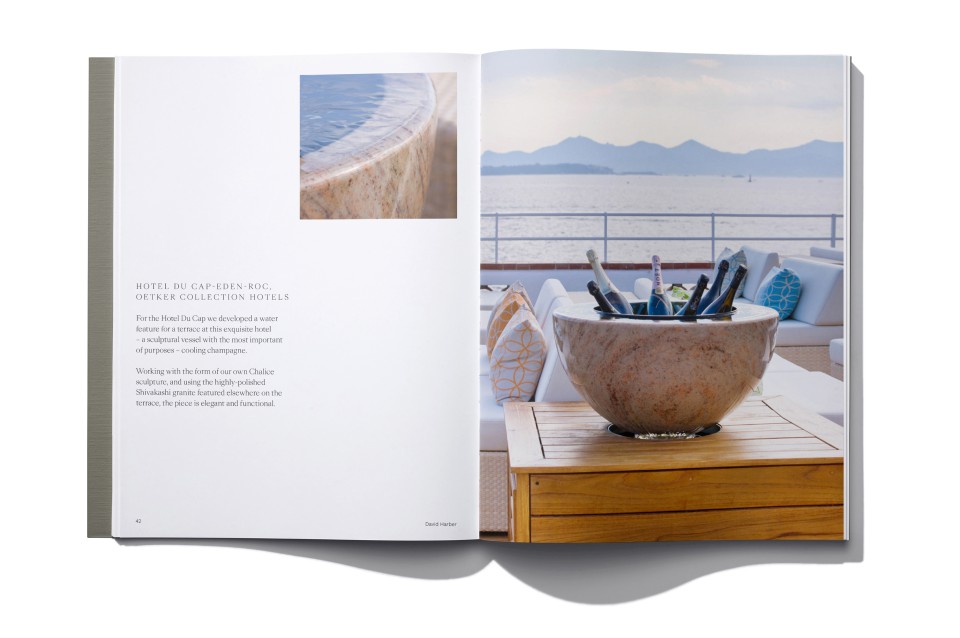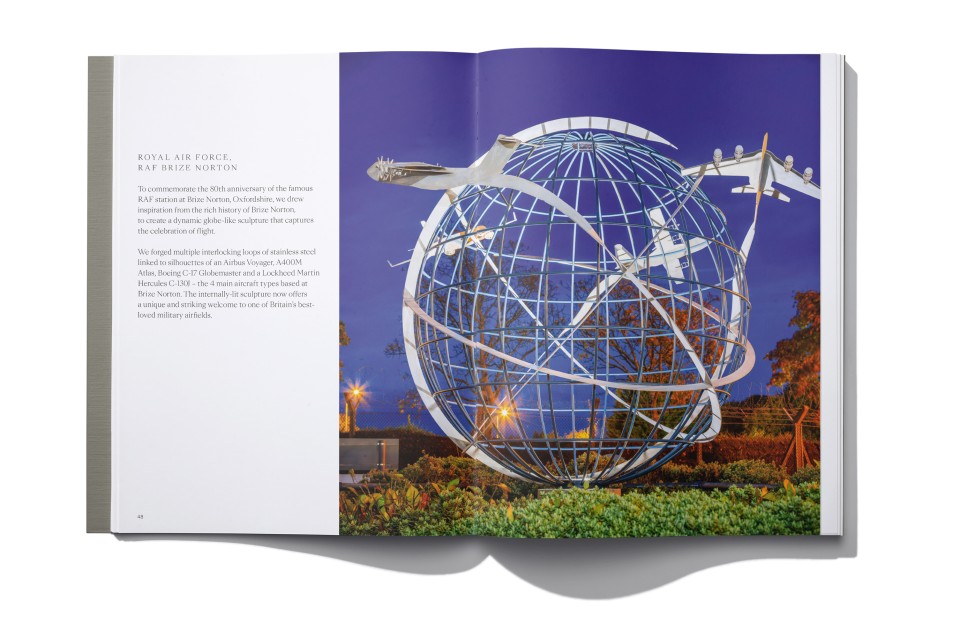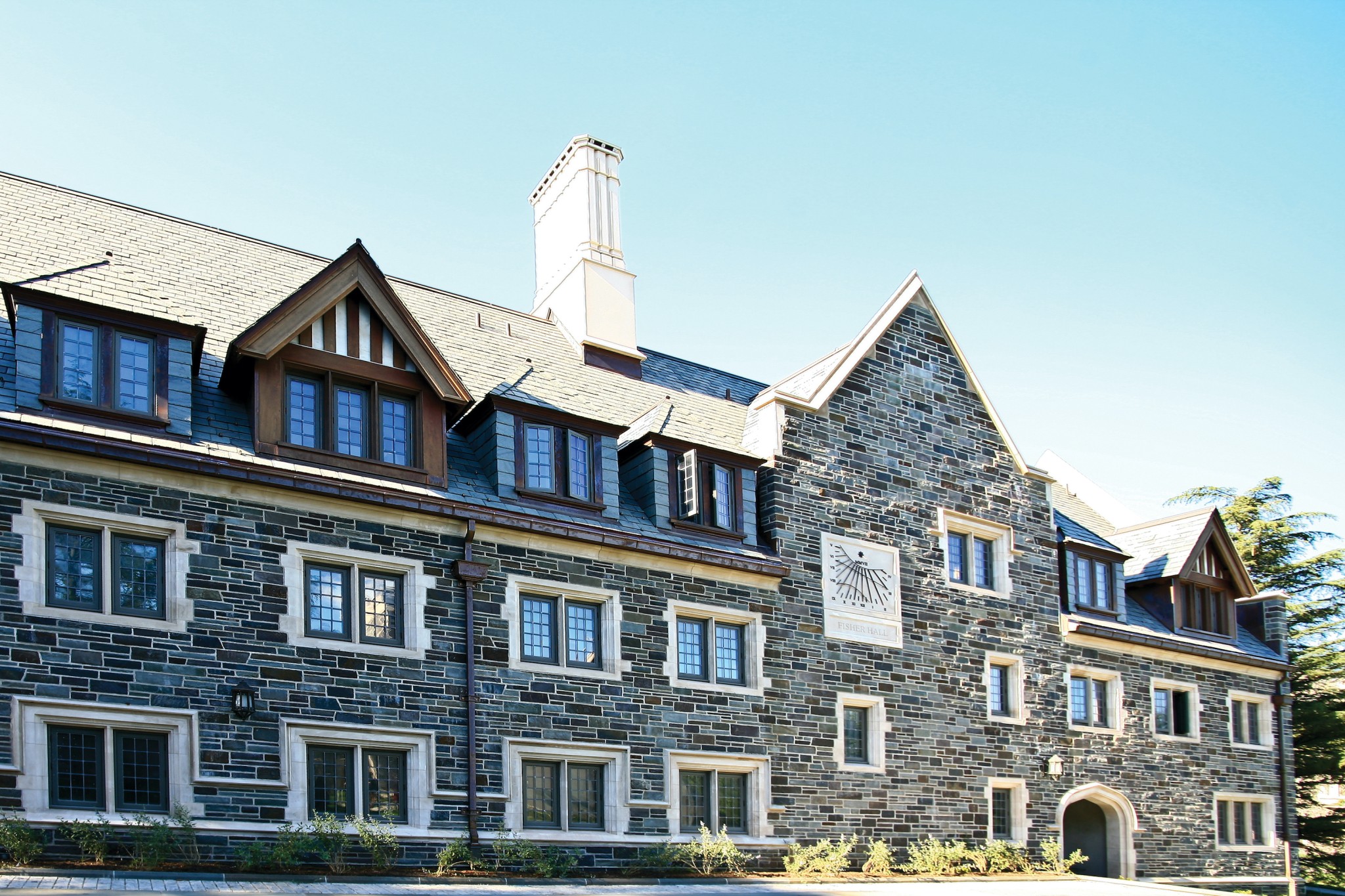
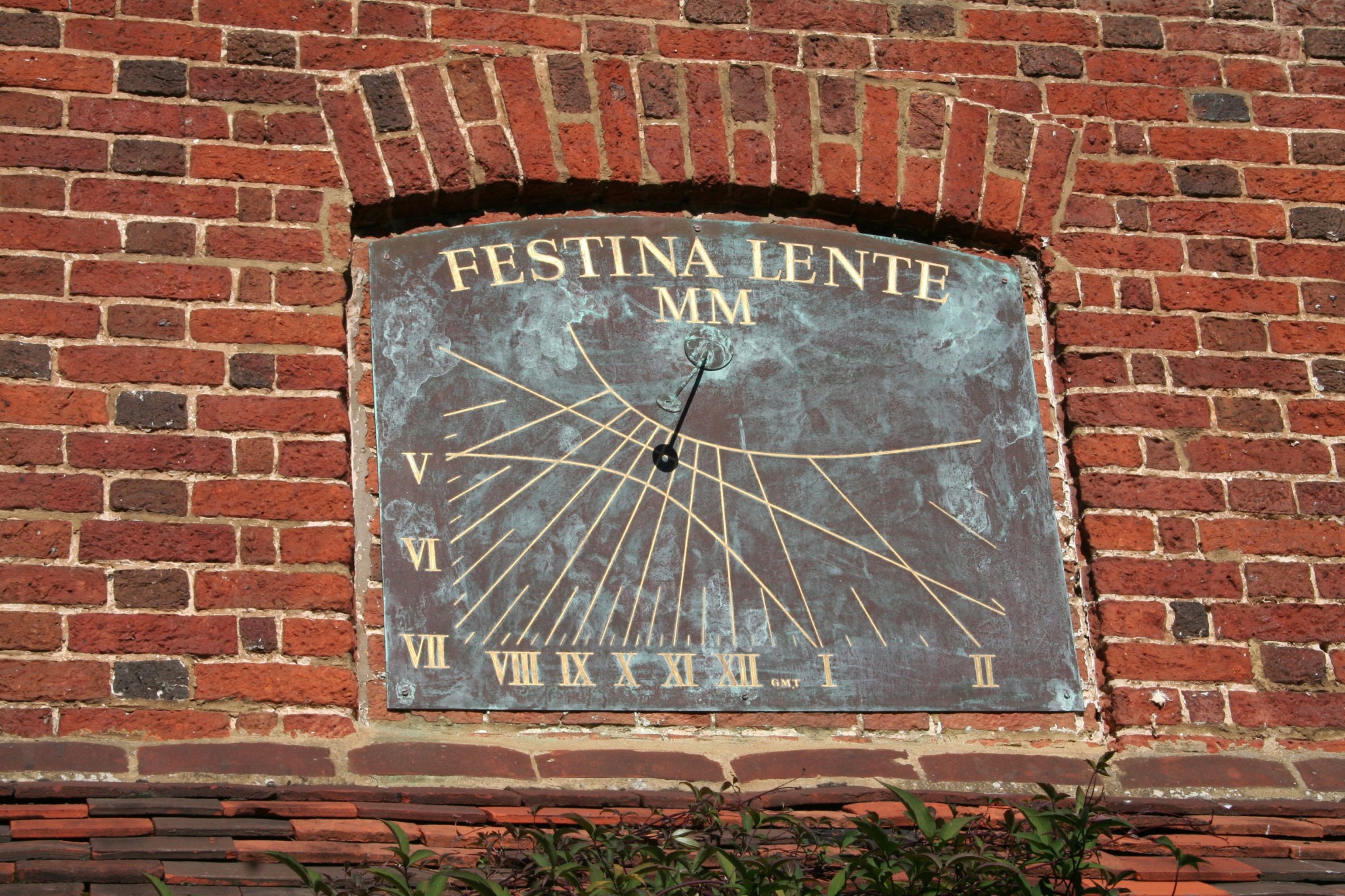
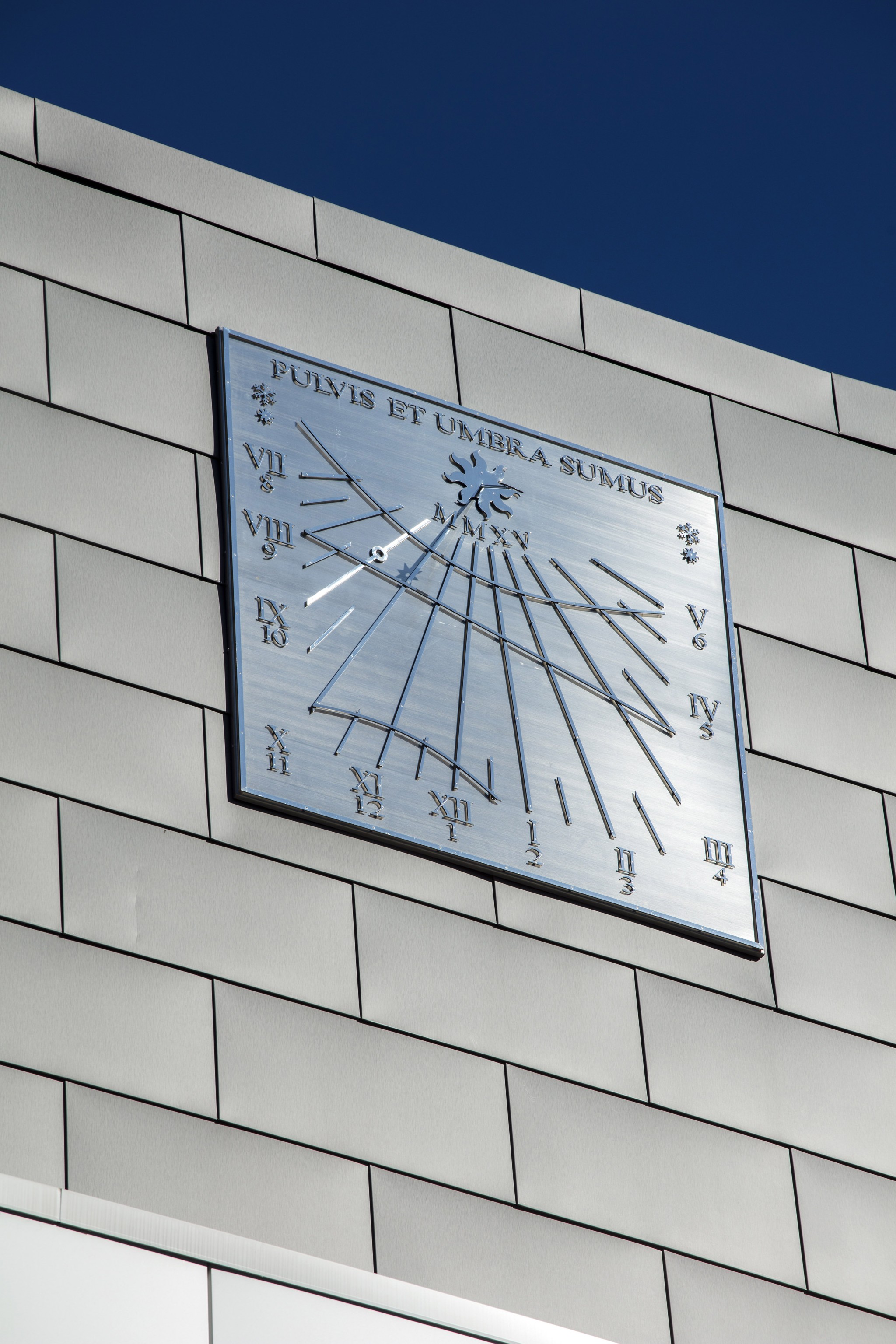
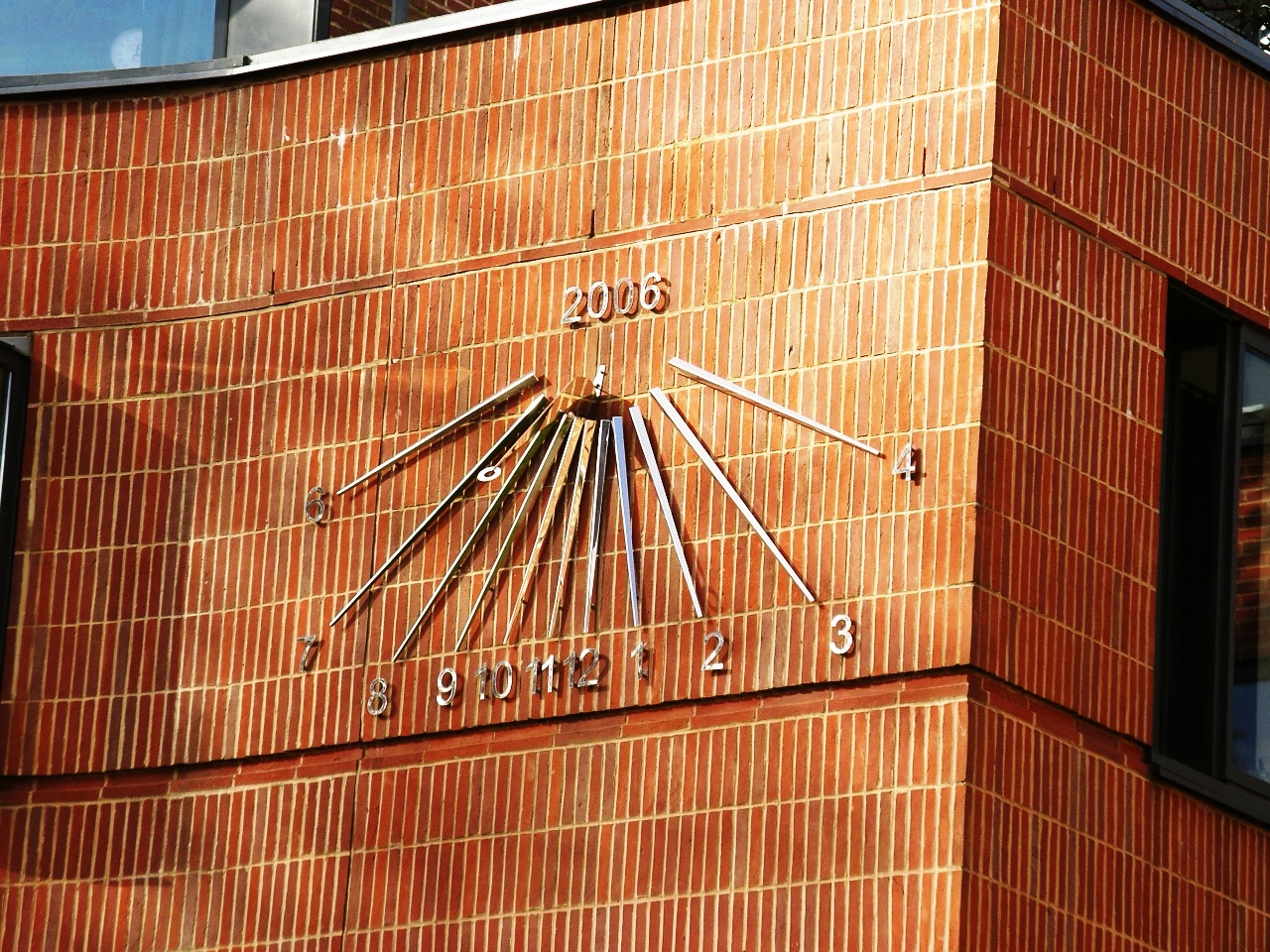
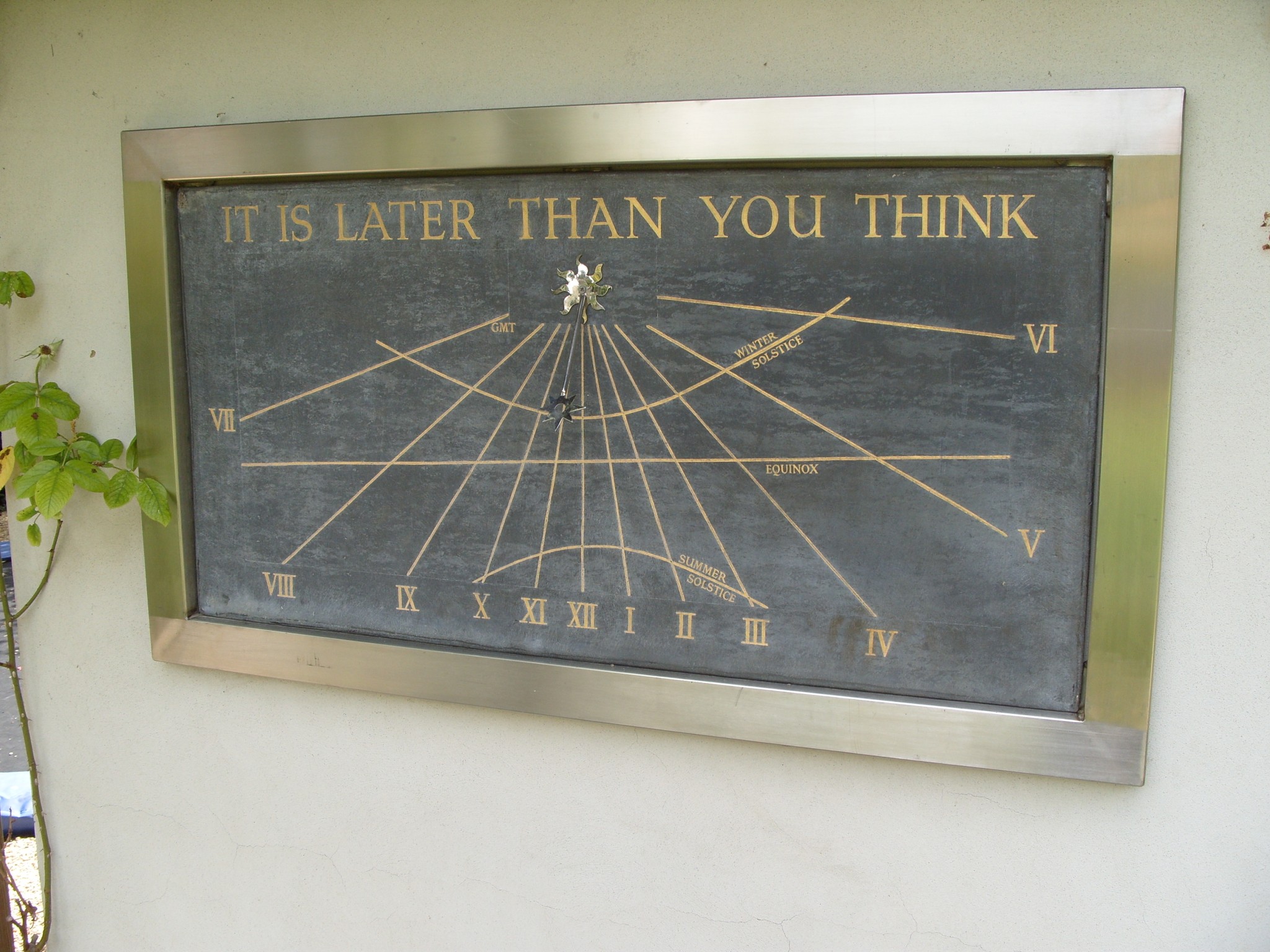
Vertical Dial
Sir Christopher Wren is just one of many architects to have taken on the three-dimensional challenge of the vertical dial (latitude, longitude and angle to the ecliptic). Humble yet historic, this piece represents quiet elegance, offering a thoughtful and dynamic embellishment to vertical surfaces.
Variations & finishes
Design details
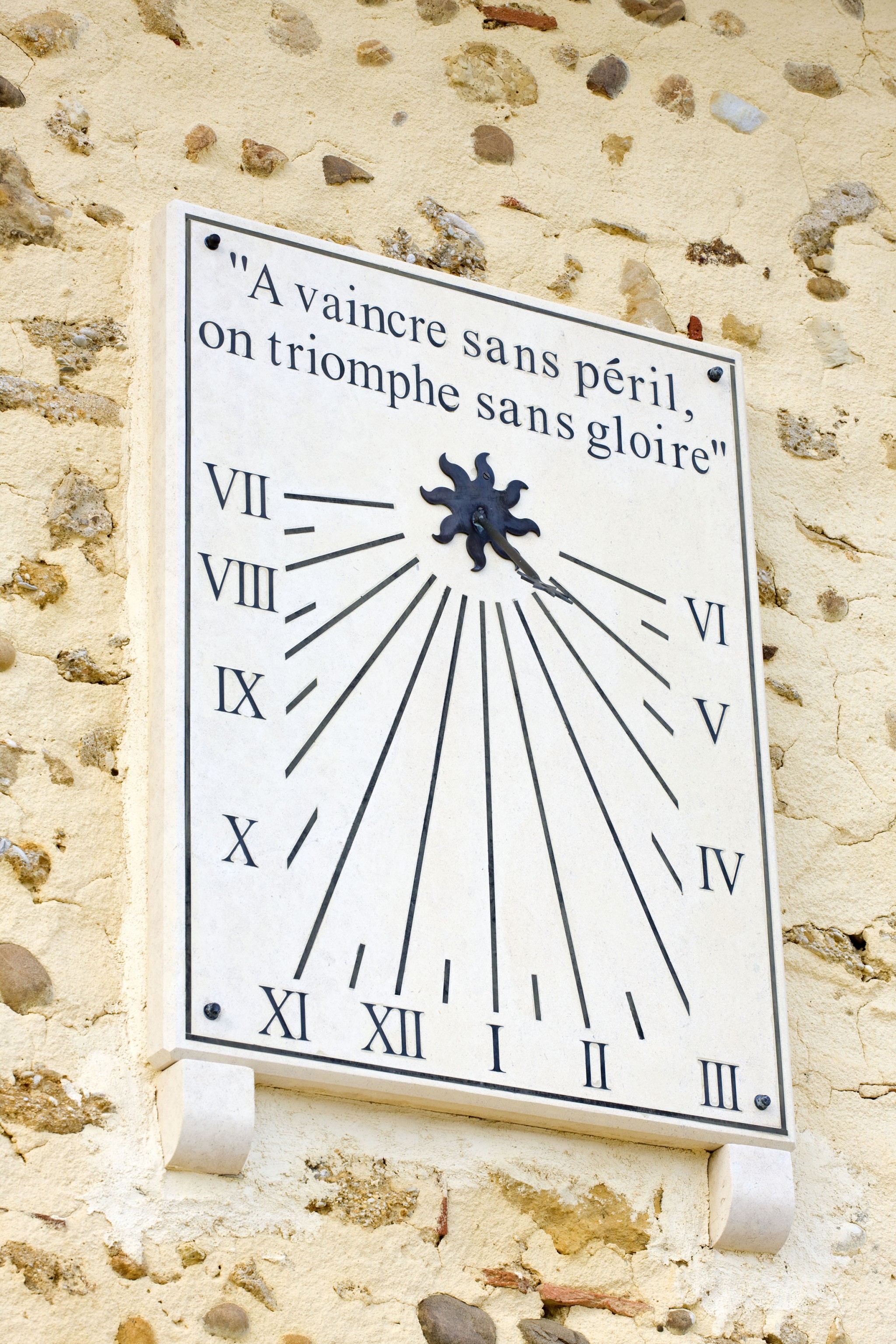
While clocks keep time, the Vertical Dial historically sets time. Similar to armillary spheres, sundials have marked human timekeeping as far back as 1500 BC, setting the pace of public life in the ancient world. These ancient sundials would indicate the changing seasons, sunrise and sunset, and prayer times in monasteries.
These Vertical Dials are site-specific to your wall, your house, your longitude, your latitude, and to your world.
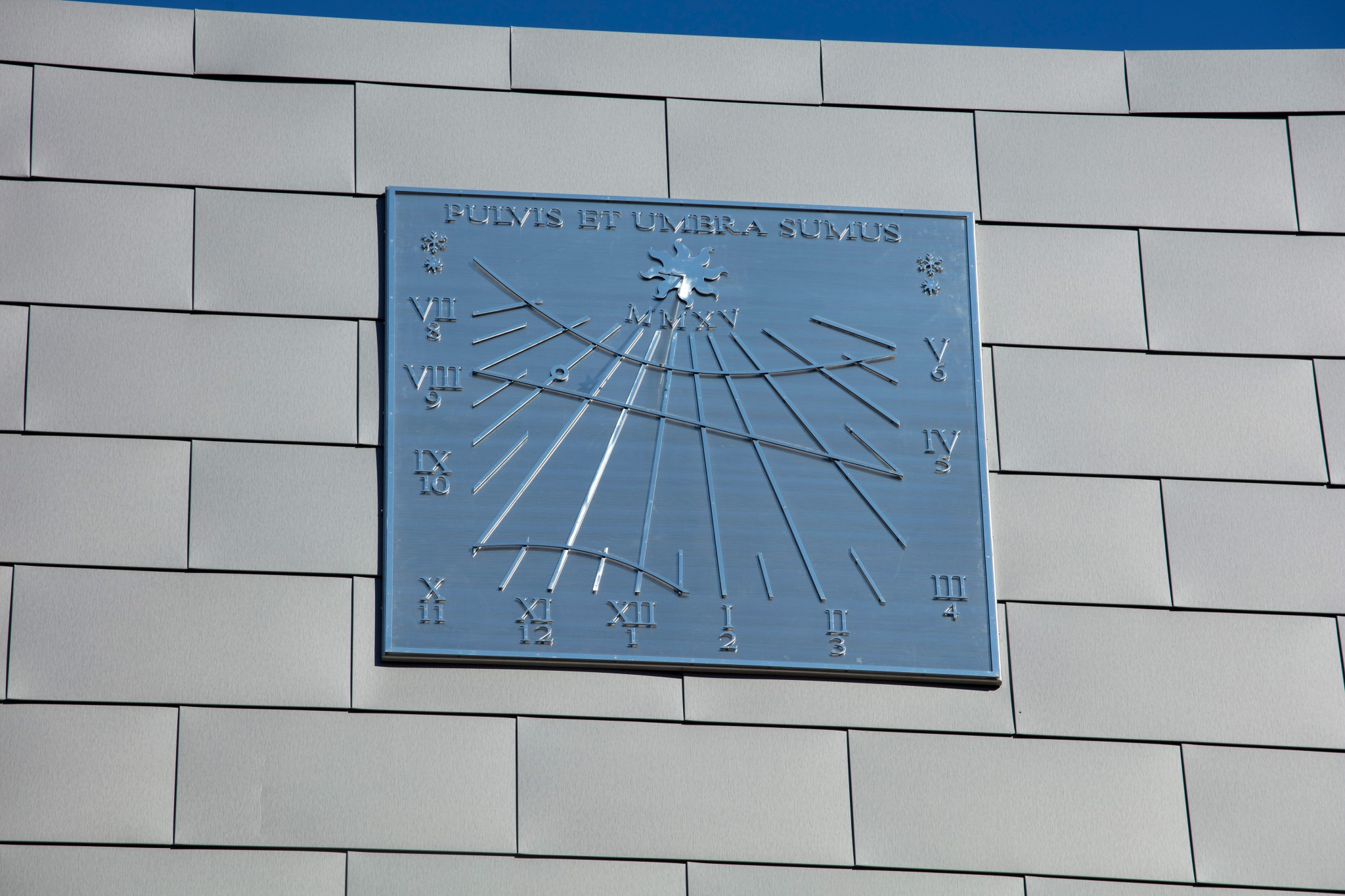


The declination of the wall to the sun is carefully measured to ensure accurate timekeeping. In the northern hemisphere, for example, a south-facing wall is the best place to position a wall sundial, as it receives the most sunlight throughout the day.
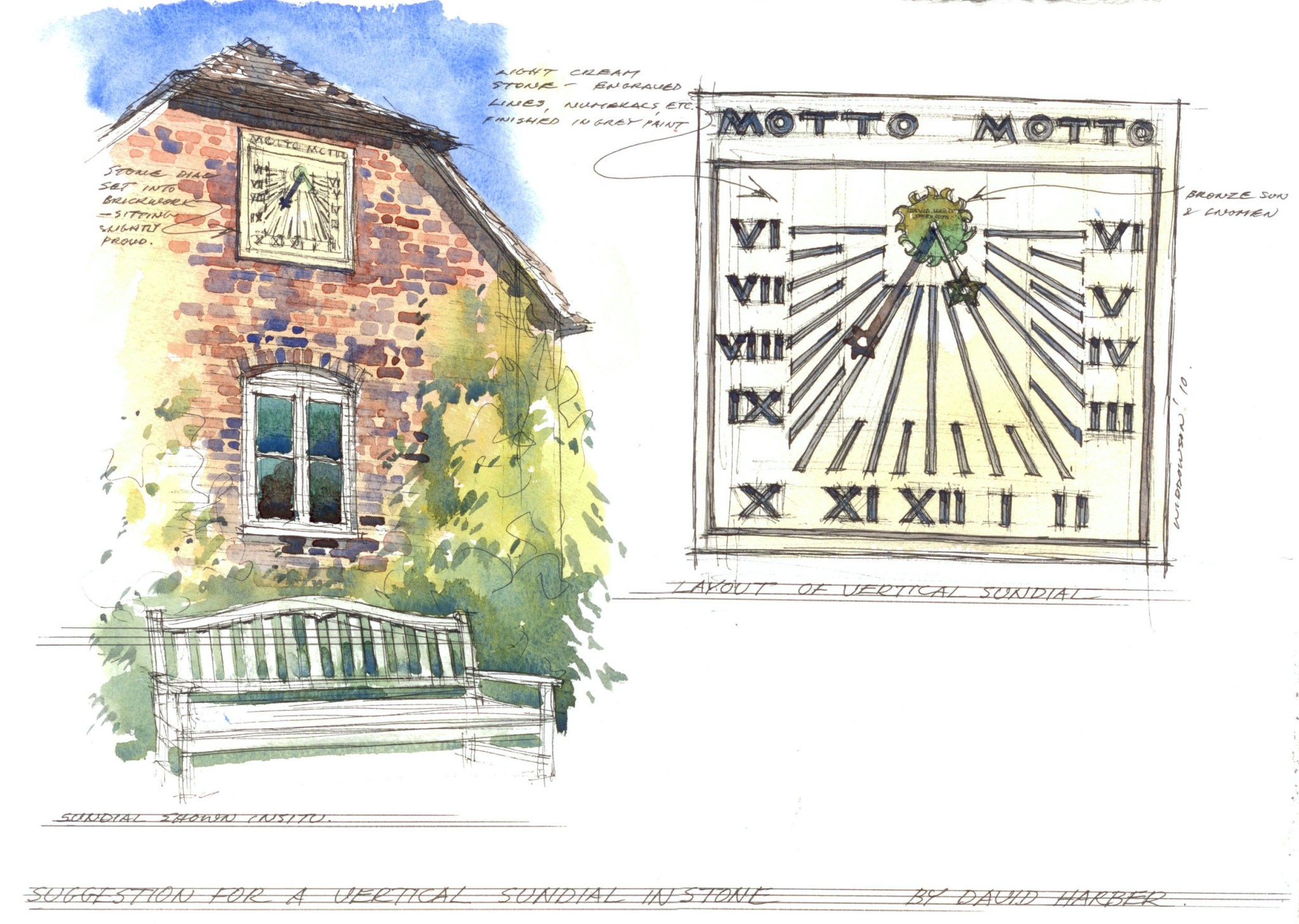
Our Vertical Dials offer so much more than a standard outdoor sundial, as your wall dial can be adorned with ‘dial furniture’ – for example, the name of your house or the year it was built, a family motto, or a meaningful quotation.
Product information
The method of installation will depend on the material, scale, and location of the Vertical Dial. Typically, a hanging frame is supplied by us and secured to the wall with the dial then attaching to this. Shipping quotes can be obtained and charged at cost.
To work out the position of the hanging wall in relation to the Sun, then a declination reading then needs to be taken. This allows us to calculate the angles involved to make sure the dial works properly. Where practical, we will visit the site and take a reading for you. Alternatively, we will send you a declination kit with very clear instructions.
The finishes used on the Vertical Dial will exhibit some natural weathering with age, however, periodic cleaning will help preserve its beauty. We would recommend that it be cleaned at least once a year with only warm water and a soft cloth to remove any detritus. Use of any abrasive cleaner will damage the finish and must be avoided. Maintenance instructions will be issued on installation.
It is an historic horological device that measures solar time. Vertical dials are commonly found on the side of important buildings and are often adorned with etchings or engravings of meaningful dates or quotes.
Vertical Sundials are designed to your exact longitude and latitude to ensure they perform as accurate timepieces. The dial plate has a gnomon, an object used to cast a shadow, and hour lines to indicate the passing of time. Vertical Sundials can be made using many different materials from stone to lead, depending on how decorative you want your timepiece to be.
Throughout the day, the shadow cast by the gnomon (the part of the dial that casts a shadow on it) will fall on or near the numbered hour lines etched on the dial. When the shadow is on the hour line, the number of that line tells you the time of day. If the shadow falls between two hour lines, the time is somewhere between those numbers.
Although both versions measure time, there are subtle differences between them. The shadow on a south-facing vertical sundial moves counter-clockwise. On a horizontal dial, the shadow moves clockwise. If they are well designed and perfectly aligned – as are all David Harber sundials – both vertical and horizontal sundials are accurate and decorative timepieces.
The magic of conversation
Whether you’ve decided on a piece or you just want to sound out an aspect of our work, please get in touch with our team to discuss your needs.
